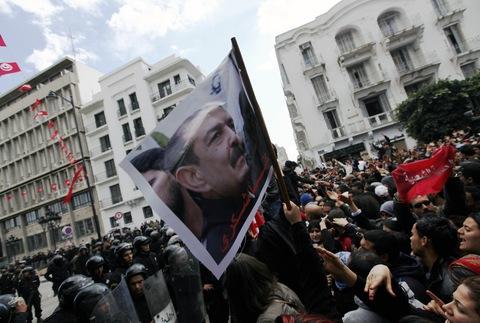
Tunisia Boils Over
The assassination of a progressive Tunisian leader is the culmination of a full-blown socio-economic and cultural crisis that has been brewing in the country for the past two years.

The assassination of a progressive Tunisian leader is the culmination of a full-blown socio-economic and cultural crisis that has been brewing in the country for the past two years.
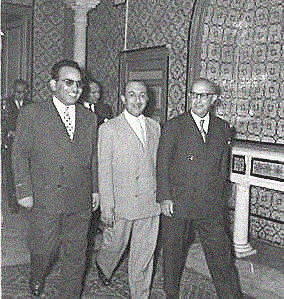
Neither the protesters nor the transitional government will stand for anti-semitism in Tunisia.
Moderated by Emira Woods, co-director of the Institute’s Foreign Policy In Focus project, this panel discussion will review the historic popular revolts in Egypt, Tunisia, and other African countries. We will examine the revolutionaries and discuss the role of media and new technologies.
Fear that governments will remain intact with only cosmetic changes are not unfounded.
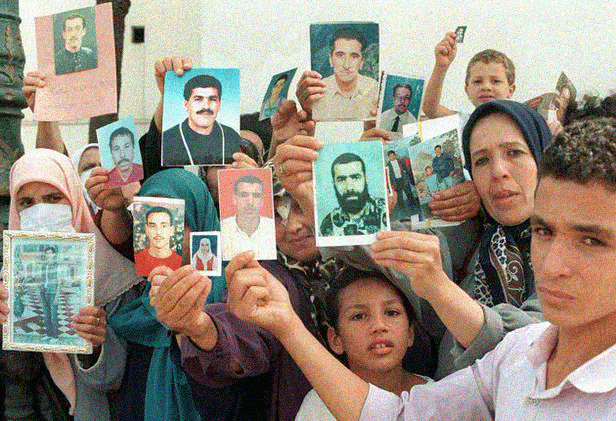
The disillusionment which fueled the 1990s civil war in Algeria simmers beneath the surface because little has changed.
Tunisia is known for exporting olive oil and deglet nour dates but is pleased to add revolution as one of its principal items of export.
The Multitude at work.

Washington is far from joyous as this “democratic wave” extends throughout the region.

Why has the mainstream media taken a pass on covering the Tunisian crisis?
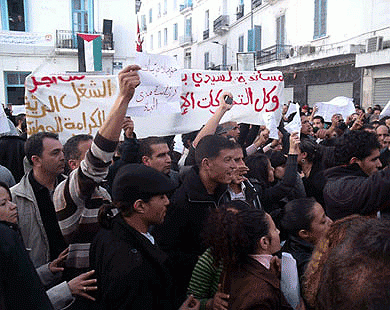
In recent decades, largely nonviolent insurrections such as Tunisia’s have toppled corrupt authoritarian rulers from the Philippines to Serbia to the Ukraine.
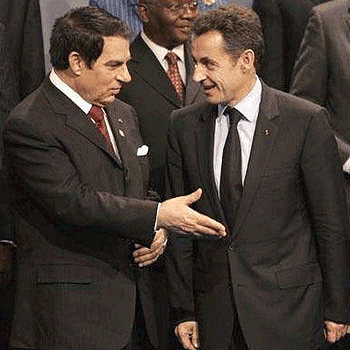
Once again, the U.S. seems to prefer the devil it knows in President Ben Ali.